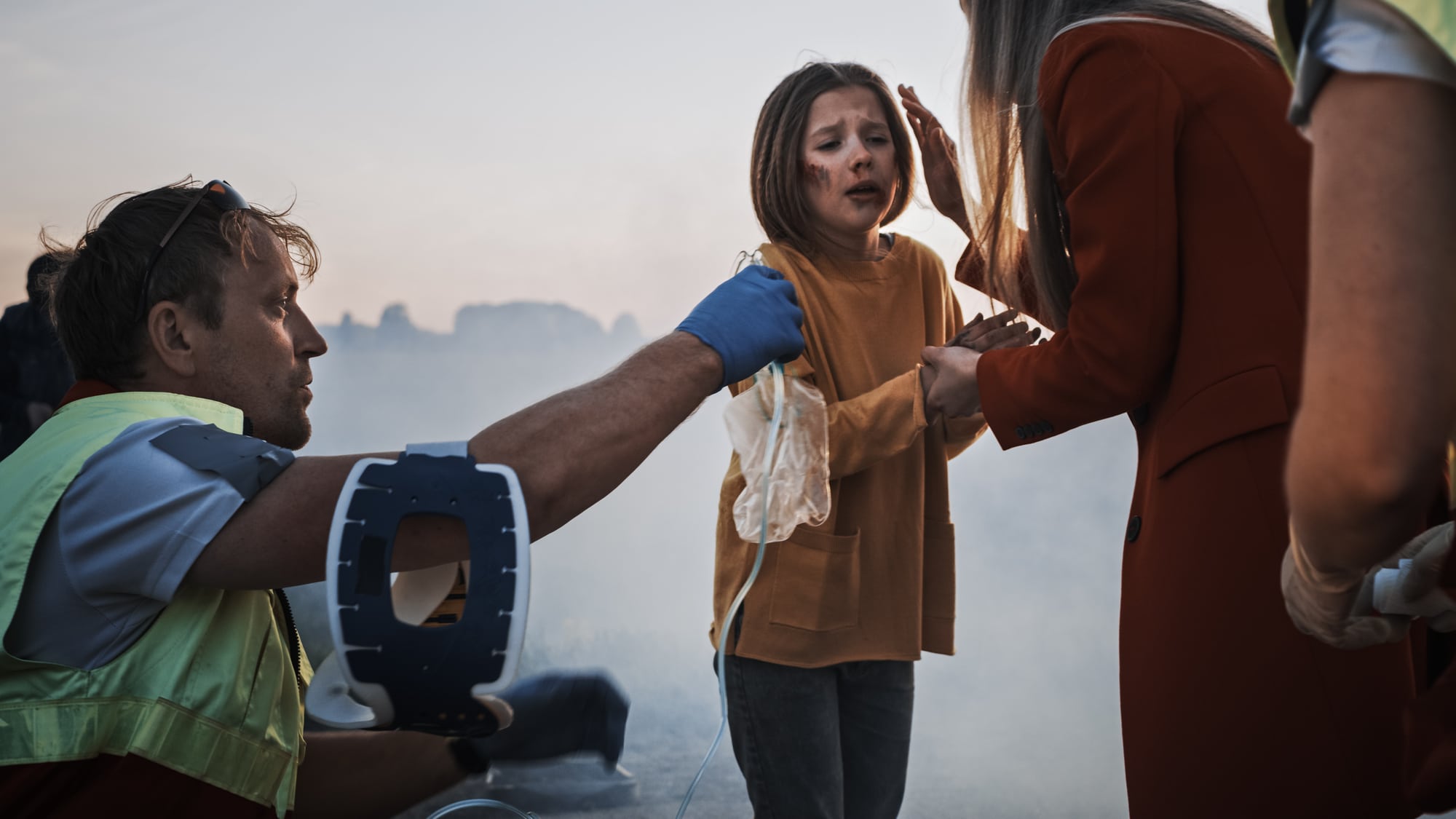Injured in a Mass Transit Accident in Georgia?
The mass transit systems in Georgia are heavily used by commuters, students, visitors, and others. While mass transit systems are generally considered very safe, accidents do happen. These accidents can have a devastating impact on the health and well-being of a passenger. Mass transit accidents, whether on MARTA, GRTA Xpress, Gwinnett County Transit, CobbLinc, Amtrak, an airline, or another transit system in Georgia, result in severe or fatal injuries. Injured mass transit passengers have rights and protections under state law.
What Are The Rights of Passengers Injured in a Mass Transit Accident in Georgia?
Mass transit operators are held to higher safety standards. After an accident, it must be determined if the carrier met the required standard of care for passenger safety. When a bus driver, train operator, or other employee of a mass transit system has acted in a negligent manner, an injured passenger has a right to seek compensation for all damages.
The first step in the process is a full review of the facts in the case so all negligent parties can be identified and named in a claim or lawsuit. These may include a vehicle operator, vehicle manufacturer, parts manufacturer, or another party. When the transit company or its employee has failed to protect the health and safety of passengers as required by law, they can be held accountable through a claim or lawsuit.
What to Do if You Were Injured in a Bus or Train Accident?
After a bus or train crash in Georgia, passengers can sustain very serious or catastrophic injuries. The injured are transported to local hospitals or airlifted, depending on the location and severity of the injuries. The first and most crucial action is medical treatment and care, with little thought about the legal implications. In fact, the earlier you retain legal counsel from a personal injury attorney, the better it can be for the victim. The legal processes in seeking compensation are more complex if an injury occurs in a state or municipal transit system. An attorney will act to gather and obtain supporting evidence for a claim against the responsible mass transit agency.
Passengers on Trains or Light Rail Systems In Georgia
The MARTA system is the most heavily used mass transit system in Atlanta. When passengers use this system, they assume the journey will be safe and uneventful. In some cases, the train operator may make a deadly error, some aspect of the system may fail, or the train may collide with a vehicle or item on the track. The details of how the collision occurred are crucial factors in determining liability and filing a compensation claim.
Bus accidents in Georgia
The extensive MARTA system in Atlanta, or Savannah’s CAT system, offers passengers a low-cost, convenient way to get around town. When using these systems, passengers rarely consider they are at risk of a serious or deadly accident, but sadly, these collisions occur. The cause of the crash, whether driver error, bus safety system failure, or the negligent driving conduct of another driver, can be determined to be an overturn or front, back, or side impact. These accidents often leave many passengers with serious injuries, such as broken bones, lacerations, head injuries, back injuries, or worse. The NTSB (National Transportation Safety Board) will launch an investigation into the most serious bus crashes.
What Types Of Compensation Can Be Pursued After A Mass Transit Accident?
An injured passenger has the right to pursue damages from the negligent party. When the liable party is a government agency, the process is far more involved and requires several urgent actions by your attorney. A “Waiver of Immunity” must be pursued, as governmental agencies are protected by the doctrine of “Sovereign Immunity.” Once the waiver is in place, a lawsuit can be filed, seeking several types of compensation, including:
- Economic damages: These are the financial losses associated with the injuries sustained, including medical and hospital bills, loss of income from work, reduced or lost earning capacity, and other actual financial losses.
- Non-economic damages: These damages are much more personal and can include pain and suffering, loss of quality of life, damages for disfigurement, loss of limb, and other losses.
- Punitive damages: In rare cases, the damages are so extreme that punitive damages are awarded – an amount paid to punish or deter.
Can a mass transit company be subject to a personal injury lawsuit?
Georgia state law makes it more difficult to sue a governmental agency due to “Sovereign Immunity.” This does not mean an injured victim cannot seek compensation, but it does mean the process differs significantly from other personal injury claims and lawsuits. At The Scott Pryor Law Group, our legal team has a breadth of knowledge regarding filing a claim against a mass transit system. The law protects governmental agencies from lawsuits, but not in every case. The Georgia Tort Claims Act allows for a lawsuit to be filed in limited situations, as outlined in GA §50-21-24.
Reach Out To Our Firm Today For A Free Case Review
At The Scott Pryor Law Group, we urge you to connect with us immediately so we can work to determine how to best move forward in seeking justice and full compensation. Our founder, Scott Pryor, is listed in Georgia Super Lawyers®, has a 10.0 Superb by Avvo, and is a member of the elite Multi-Million Dollar Advocates Forum. Our legal team is here to assist those injured in mass transit accidents throughout Georgia. Contact us at (404) 474-7122 to find out how we can help.





 6185 Crooked Creek Rd NW Ste. H
6185 Crooked Creek Rd NW Ste. H Se Habla Español
Se Habla Español








